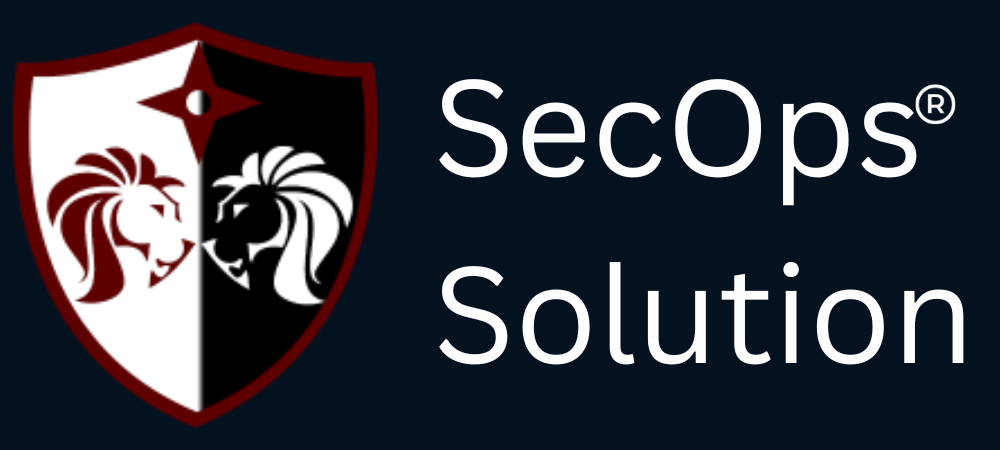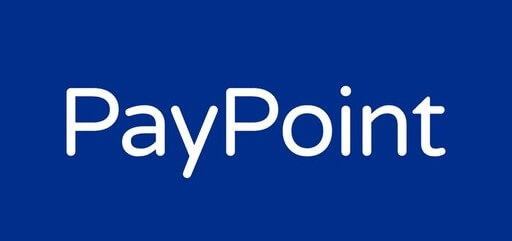
Agentless security for your infrastructure and applications - to build faster, more securely and in a fraction of the operational cost of other solutions

hello@secopsolution.com
.jpg)
Pharmaceutical firms have significant cyber-security concerns as a result of the rapid speed of technological advancement, the rise of automation systems, and the usage of third-party vendors. Implementing security standards and comprehensive, robust strategies that protect digital assets and decrease cyber attacks on pharmaceutical companies is a major problem for information security in the sector. This will assist in preventing a catastrophic loss of data that can undermine patient and customer confidence in pharmaceutical businesses, ruin their brand image, and cause share prices to crash.
However, due to high-profile hacks, the pharmaceutical business has started to prioritise the need for stronger security, despite the fact that it has not historically been at the forefront of cybersecurity.
The pharmaceutical business is vulnerable to identity theft and changing attack vectors due to cyber threats. Organizations become more of a target for cybercriminals as they place more emphasis on digitization and store more of their valuable data online.
The number of devices used by pharmaceutical corporations to capture and preserve online patient and health data is enormous. They employ resources like the Internet of Things and big data (IoT). As a result, it is more crucial than ever for enterprises to implement security and privacy by design.
Privilege access is the process of granting specific systems or files with greater levels of access. It lets businesses to operate more successfully, secure their IT infrastructures and applications, and maintain the confidentiality of their sensitive data. Both human users and non-human users, such as software and equipment, can have privileged access.
Pharmaceutical cybersecurity is vulnerable to a variety of dangers and attack methods, such as:
For routine tasks like research and development, pharmaceutical companies heavily rely on outside providers. Some businesses utilise third-party logistics companies to receive, store, and fulfil their medicine orders, while others rely on clinical research firms to advise them on the medical fields they should invest in.
Any security lapse experienced by a third-party vendor can hurt the pharmaceutical company and lead to the loss of their data. In order to ensure that they comply with stringent regulatory compliance standards, healthcare cybersecurity depends on having procedures and policies in place.
To hold businesses to ransom, ransomware hackers aim to obstruct and disrupt corporate activities. Cybercriminals transmit infected attachments that, when downloaded, lock up and encrypt machines and files as part of these financially motivated malware attacks. After then, the assailant makes a ransom demand, promising to release data and device access in exchange for the money.
One of the largest supporters of the developing Internet of Things (IoT), which enhances comprehension of and makes it easier to obtain crucial papers and patient data, is the pharmaceutical business. IoT introduces new vulnerabilities and raises the possibility of cyberattacks, such as the unknown location of data creation and storage.
Additionally, the industrial IoT (IIoT) is essential for giving pharmaceutical companies the analytics-enabled data management they require to guarantee the continuous exchange of data throughout their supply chains. IIoT technology can improve the efficiency of complicated processes, but to prevent the damaging compromise of data, there must be robust cybersecurity procedures.
Millions of people's email inboxes can be readily breached by phishing attempts, which can harm users and companies. In order to get access to an email account, phishing attacks try to get targets to click on a dangerous link.
Attackers establish a fake website and send emails to recipients with the intention of tricking them into clicking a link that takes them to the website. Either the site will request the user's login and password combination and steal it, or it will immediately download malware onto the user's device. Attackers can use this to take information, intellectual property, and money from bank accounts.
Data breaches and cyberattacks continue to be mostly caused by human error and irresponsibility across all industries. Users that unintentionally share data or use unauthorised software and applications provide a backdoor for cybercriminals to intercept or steal data.
Companies must make sure personnel cannot copy or remove data and adhere to security procedures in order to prevent pharma cyber assaults.
In the pharmaceutical industry, mergers and acquisitions are frequent. If the process is not managed properly, there is a significant danger to sensitive data. When two businesses combine or one buys the other, there is a significant danger of data compromise owing to a lack of due diligence and data protection.
For pharmaceutical companies, new technology comes with inherent security vulnerabilities. They must therefore make sure that all new technologies are properly secured and do not have any openings for hackers. Pharma businesses need adaptable yet strong cybersecurity processes and protocols to safeguard their new technology from attacks and give them the ability to keep an eye out for risks, identify weaknesses, and protect intellectual property.
Pharmaceutical companies can address their main security challenges with SecOps cybersecurity solutions, including their growing attack surface, insider threats, network complexity, and cybersecurity skills gap.
The SecOps Security Solutions provides centralized visibility of a pharma company’s entire IT environment.
The SecOps Security Solutions provides centralised visibility of a pharma company’s entire IT environment. A comprehensive, open ecosystem provided by the high-performance platform secures an organization's digital attack surface and enables self-healing to safeguard devices, data, and applications.
The client experience at SecOps is improved by cybersecurity solutions that offer automation, which is essential for quickly identifying and countering sophisticated threat vectors. As a result, pharmaceutical security teams can provide real-time protection against cyberthreats and still adhere to industry requirements.









.png)


.jpg)
.png)

.png)


.jpg)
.png)

.png)
.png)



.jpeg)

.png)
.png)



.jpeg)
